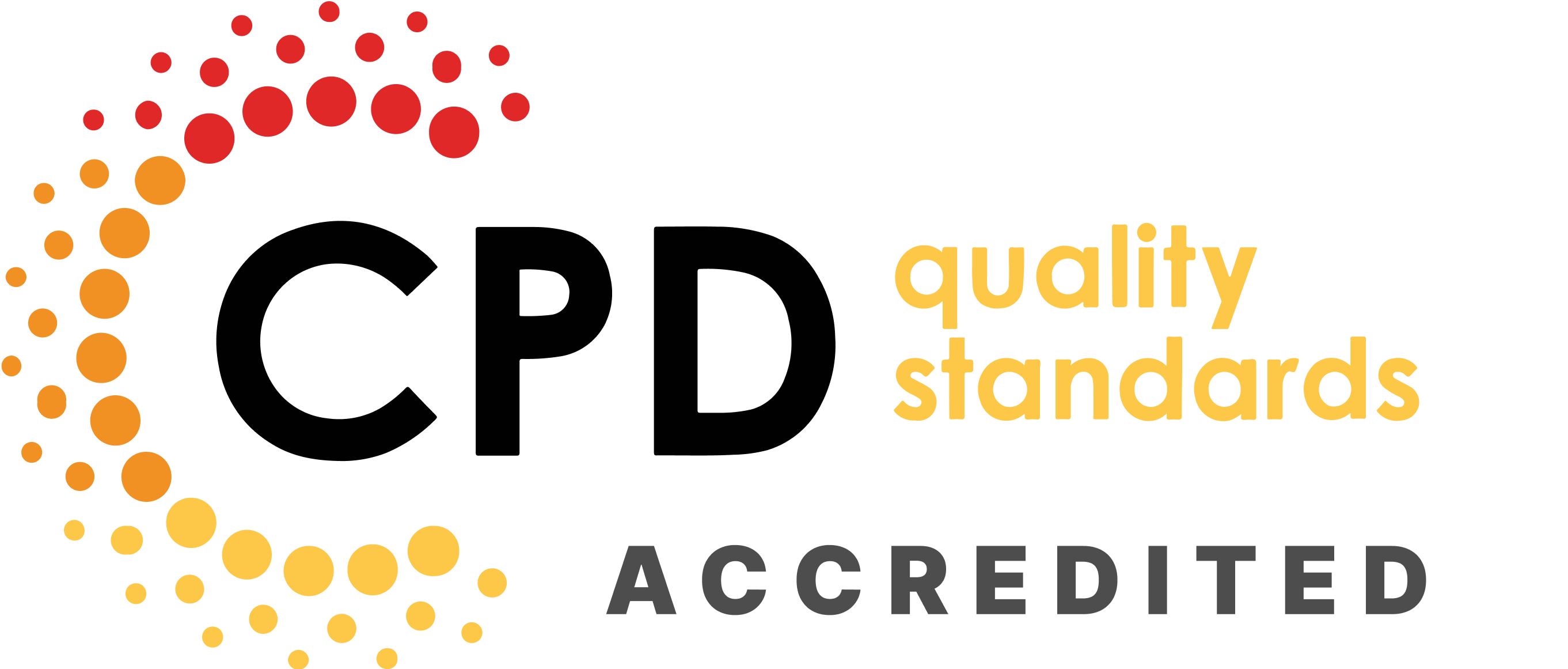Course Overview
It’s never been easier, more affordable, or more important to make choices about your education online and you trust Alpha Academy with your future.
Learn to stand out in the crowd and show your true potential to employers and customers by taking this Play Therapy course.
Choose to learn about Play Therapy with us, and you’ll gain the confidence, knowledge, and talent to take your career to a whole new level of possibilities.
There are plenty of opportunities to learn about this topic online, but with us, you can rest assured that you will be learning from experts and using material that has been compiled by industry professionals with a passion for teaching.
Alpha Academytutors and technicians will be with you every step of the way to guarantee your understanding of the subject matterand that you pass the final assessment with flying colours.
You won’t be given dull facts and figures. This course is full of audio and visual exercises and interaction that will surround you with the knowledgeyou need and update your skillset permanently.
Learning Outcomes of Play Therapy:
- Learn how to apply Play Therapy instantly in your workplace or home
- Gain the recognised certification that can be used to get that dream job or even start your own business
- Become confident of your abilities in the subject and use them to develop your profile online and in the marketplace.
Why Choose Us?
- We use the very latest tools and applications in online education to teach you Computer Networks Security in exciting and innovative ways.
- You’ll be able to take the Computer Networks Security from Scratch to Advanced course anywhere. Learn on your laptop, be taught on your tablet, school yourself on your smartphone, practise on your PC. The choice is yours!
- Is time short? Study at the hours that suit you. As long as you have an online device, you can learn at any time of the day or night.
Assessment and Certification
At the end of the course, you will be required to sit an online multiple-choice test. Your test will be assessed automatically and immediately so that you will instantly know whether you have been successful. After you have successfully passed the final exam, you will be able to order an Accredited Certificate of Achievement at an additional cost of £19 for a PDF copy and £29 for an original print copy sent to you by post or for both £39.
Career Path
Not only does our CPD and CiQ accredited course look good on your CV, setting you apart from the competition, it can be used as a stepping stone to greater things. Further advance your learning, launch a new career or reinvigorate an existing one.
Enrol Computer Networks Security from Scratch to Advanced























 Add to Cart
Add to Cart